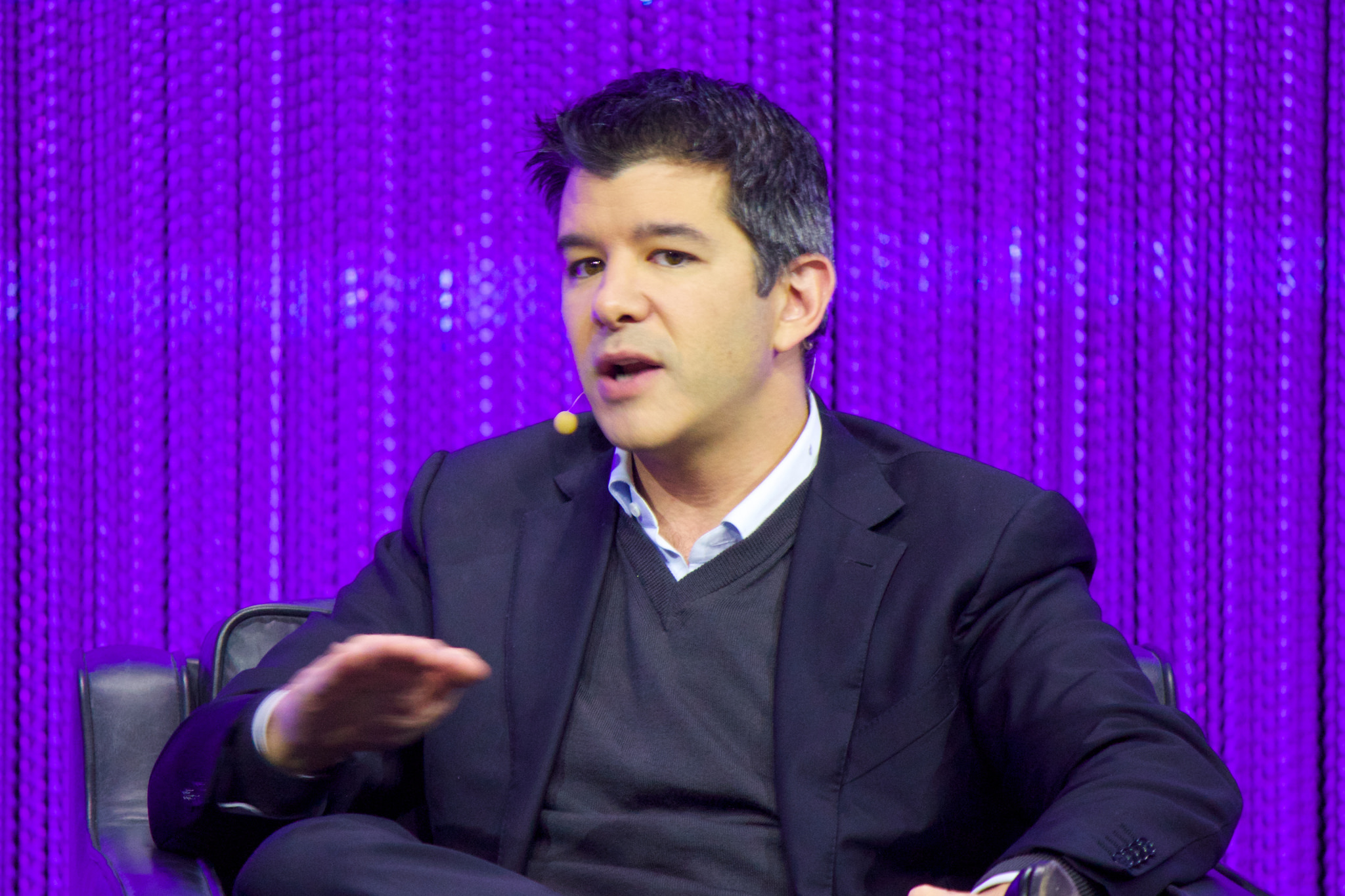 EMERGING TECH
EMERGING TECH
 EMERGING TECH
EMERGING TECH
 EMERGING TECH
EMERGING TECH
A trove of more than 100,000 documents belonging to Uber Technologies Inc. leaked to The Guardian and then shared with other media outlets and organizations details how the company used dubious tactics and lobbying to grow its business.
Dubbed the Uber Files, the leak consists of 124,000 documents, including more than 83,000 emails, iMessage and WhatsApp messages involving Uber executives from 2013 to 2017. The latter year is when founder Travis Kalanick (pictured) stepped down as chief executive officer.
Although the leaked documents are making headlines given some of the revealed findings, most are not greatly surprising. That said, the tone taken by some Uber executives, including Kalanick, is arguably interesting.
The key findings in the documents are that Uber knew that its service was illegal, that it actively lobbied politicians and that attacks on Uber drivers were seen as a way to assist the company in its broader goals.
Countries typically have highly regulated taxi industries often used as cash cows for the state. Uber was initially illegal in most if not all territories it operates or once operated in. In the early days of Uber, protests and occasional outbreaks of violence targeted the company and its drivers.
“Get some sleep when you can,” Nairi Hourdajian, Uber’s head of communications, said to one of Uber’s lobbyists in Europe in 2014. “Remember that everything is not in your control and that sometimes we have problems because, well, we’re just f—— illegal.”
The self-awareness that the company was acting illegally is not surprising, but the response to the violence is. After taxi drivers attacked four Uber drivers in the Netherlands in 2015, Niek Van Leeuwen, Uber’s general manager in Belgium, did not try to protect the drivers, but instead saw the attacks as an opportunity.
“We keep the violence narrative going for a few days before we offer the solution,” Van Leeuwen wrote to Kalanick. The Hill reports that Uber saw the violence against the drivers as a way to pressure politicians to weigh in on the issue and increase publicity in favor of Uber.
The embrace of violence as a promotional opportunity did not stop there.
“Excellent work. This is exactly what we wanted and the timing is perfect,” Mark MacGann, Uber’s head of public policy for Europe, the Middle East and Africa wrote after the incidents. Company lobbyist Cristian Samoilovich also suggested that “we need to use this in our favor,” referring to the attacks.
In another exchange, Kalanick himself dismissed concerns of violence against Uber drivers in France, saying that “I think it’s worth it” and “violence guarantee[s] success.”
On the lobbying side, Uber targeted politicians across the globe, including now U.S. President Joe Biden, Irish Prime Minister Enda Kenny, Israeli Prime Minister Benjamin Netanyahu and George Osborne, the U.K.’s chancellor at the time.
One particular politician who was a fan of Uber at the time was Emmanuel Macron, then economy minister of France and now the country’s president. The Guardian claims that Macron appears to have gone to extraordinary lengths to help Uber, even brokering a secret deal with opponents in the French cabinet.
In response to the leaked documents, Uber, a very different company today, admitted that serious mistakes were made in the period up to 2017 and that is why now CEO Dara Khosrowshahi was hired to transform how the company operates.
“We have not and will not make excuses for past behavior that is clearly not in line with our present values,” Uber said. “Instead, we ask the public to judge us by what we’ve done over the last five years and what we will do in the years to come.”
The one thing missing from the news is who leaked them and why the historical Uber documents were leaked. There is seemingly no suggestion that the files were hacked and stolen, but it’s always possible.
But presuming they were not hacked, they likely came from an Uber insider. What motivation a company insider with extensive access to this comprehensive data would have in leaking it to the press and dragging up Uber’s past is unknown.
Support our mission to keep content open and free by engaging with theCUBE community. Join theCUBE’s Alumni Trust Network, where technology leaders connect, share intelligence and create opportunities.
Founded by tech visionaries John Furrier and Dave Vellante, SiliconANGLE Media has built a dynamic ecosystem of industry-leading digital media brands that reach 15+ million elite tech professionals. Our new proprietary theCUBE AI Video Cloud is breaking ground in audience interaction, leveraging theCUBEai.com neural network to help technology companies make data-driven decisions and stay at the forefront of industry conversations.